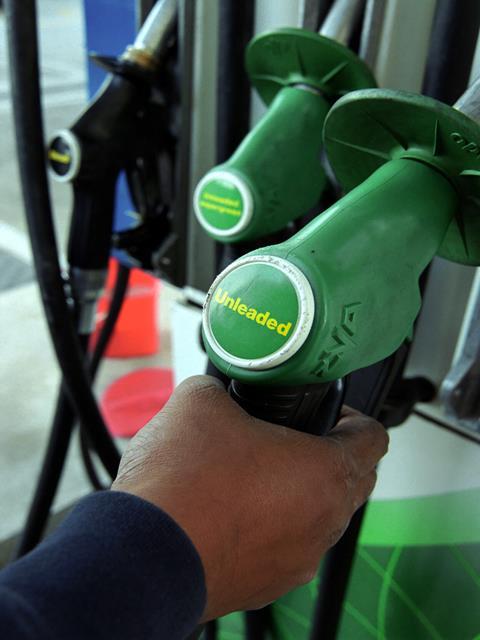
PRA executive director Gordon Balmer is calling for the Chancellor Jeremy Hunt to maintain the 5ppl fuel duty cut that was introduced in March when he makes his much-anticipated Autumn Statement on November 17.
In a letter to the Chancellor, Balmer said: “Skyrocketing energy prices have had a devastating impact on household finances. When every penny counts, it is crucial that the 5ppl fuel duty cut introduced in March is maintained. For families struggling with the cost-of-living crisis that 5ppl will make a huge difference.
“I have also asked the Chancellor to follow the example of his predecessors and freeze fuel duty. Failure to do so will unduly burden those that are already struggling.”
The PRA’s request comes as RAC Fuel Watch figures revealed that the average price of diesel shot up by more than 10ppl in October – the third biggest monthly increase on record – adding more than £5 to a tank.
A litre of diesel went from 180.37ppl to 190.51ppl making October’s rise second only to the ones seen earlier this year in March (22p – 155.23ppl to 177.29ppl) and June (16p – 183.43ppl to 199.05ppl) which gave rise to the new all-time high of 199.09ppl.
The RAC said this means it now costs £105 (£104.78) to fill up a 55-litre diesel car. The price of petrol also increased, but only by 4ppl (3.71ppl) from 162.67ppl to 166.38ppl which means a full tank costs £2 more at £91.51.
October also saw the gap between the forecourt prices of diesel and unleaded reach an all-time high of 24ppl.
The RAC says the price hikes began at the start of the month when oil producer group OPEC+ agreed to cut production by 2m barrels a day.
There is also speculation that EVs could soon be subject to road tax (vehicle excise duty) for the first time. The Financial Times reports that UK Chancellor Jeremy Hunt could make the announcement in his Autumn Statement.
The broadsheet said it would be the first sign of a Chancellor “dipping a toe in the water” to address the massive drop in tax revenue the Treasury will experience in the move away from petrol and diesel vehicles. The Financial Times said the introduction of excise duty on EVs could take effect as early as 2025/26.





















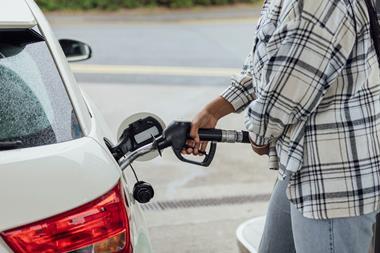
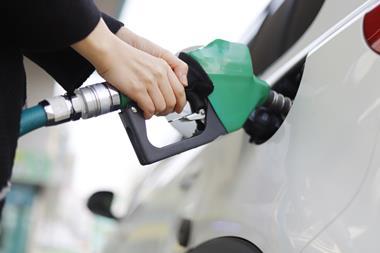

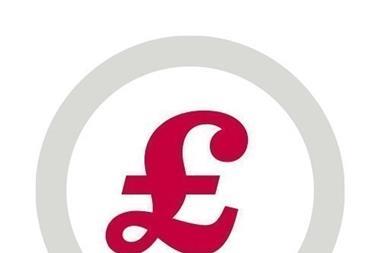
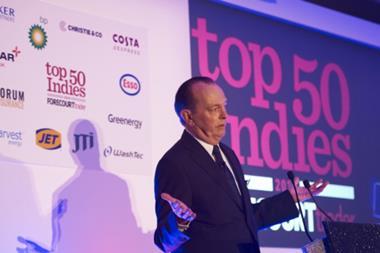







No comments yet